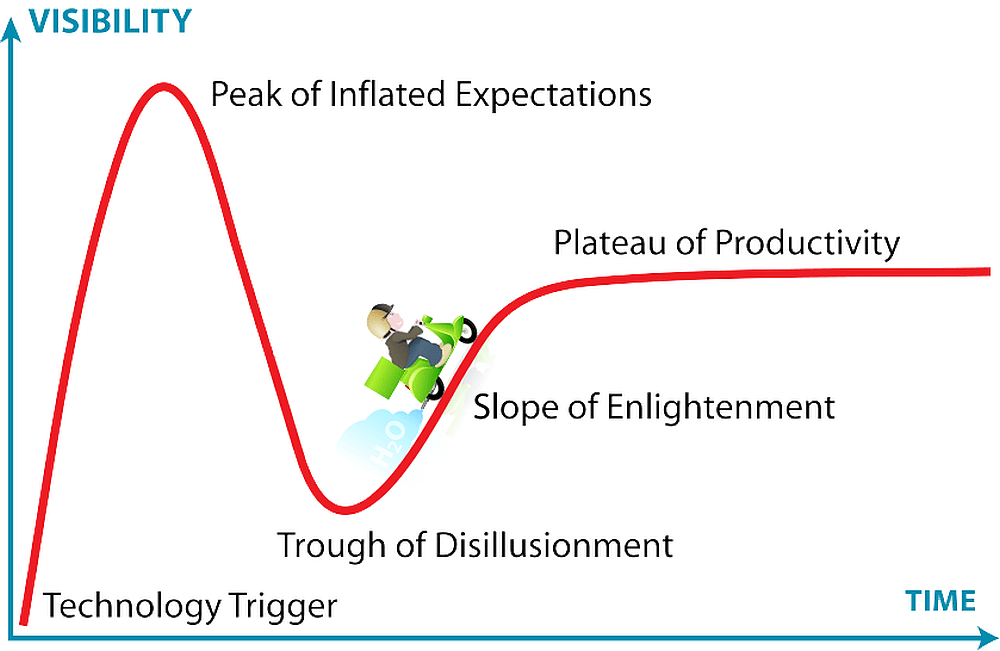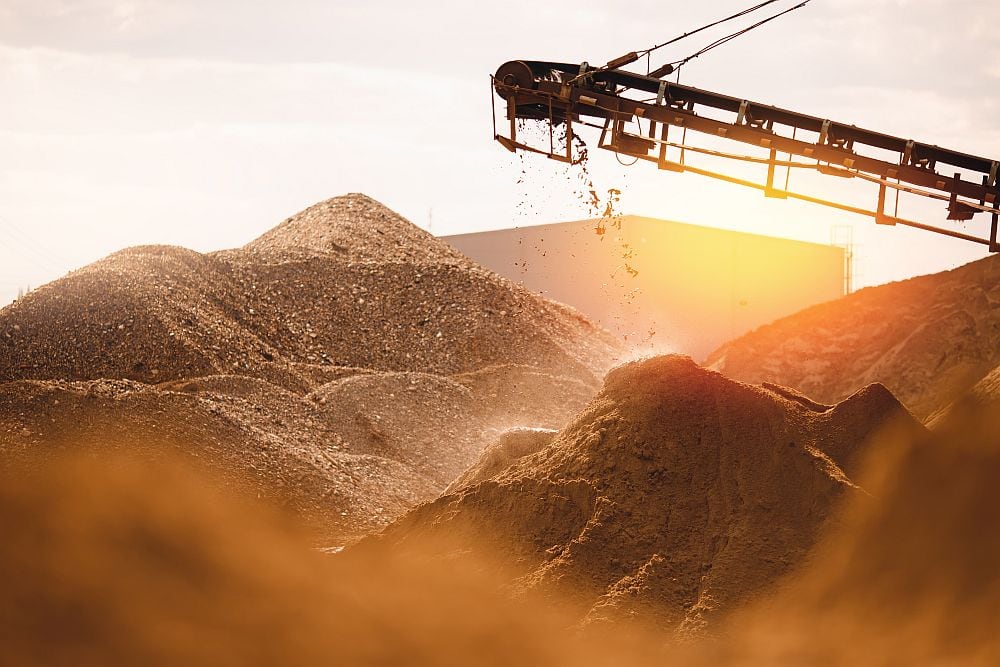I think it’s unfair and wrong to use this study as a generational critique of teenage/young adult knowledge. Indeed, I am pretty sure that this is also the same knowledge level as nearly everyone in my neighborhood, young or old.
From the Michigan State press release, emphasis added:
Most students did not truly understand the processes that transform carbon. They failed to apply principles such as the conservation of matter, which holds that when something changes chemically or physically, the amount of matter at the end of the process needs to equal the amount at the beginning. (Matter doesn’t magically appear or disappear.)
Students trying to explain weight loss, for example, could not trace matter once it leaves the body; instead they used informal reasoning based on their personal experiences (such as the fat “melted away” or was “burned off”). In reality, the atoms in fat molecules leave the body (mostly through breathing) and enter the atmosphere as carbon dioxide and water.
Most students also incorrectly believe plants obtain their mass from the soil rather than primarily from carbon dioxide in the atmosphere. “When you see a tree growing,” [MSU’s Charles Anderson said,] “it’s a lot easier to believe that tree is somehow coming out of the soil rather than the scientific reality that it’s coming out of the air.”
The researchers say biology textbooks and high-school and college science instructors need to do a better job of teaching the fundamentals – particularly how matter transforms from gaseous to solid states and vice-versa.
It won’t be easy, Anderson said, because students’ beliefs of the carbon cycle are deeply ingrained (such as the misconception that plants get most of their nutrients from the soil). Instructors should help students understand that the use of such “everyday, informal reasoning” runs counter to true scientific literacy, he said.
Four quick points:
1) Yes, scientific misconceptions are deeply ingrained. It’s not for lack of trying. People are bombarded with pseudoscientific marketing 24/7. My dad was a plastics engineer, but my parents were sold on the mid-20th Century idea that fat could be steamed off by sitting in a special cabinet or rubbed out by a huge vibrating belt that would be wrapped around one’s waste or rear end. A lot of “education” boils down to counter-marketing, something that is damn hard to do.
2) The carbon cycle isn’t obvious and is, in fact, counter intuitive. One reason is because the atmosphere is essentially invisible under normal conditions, but roots and soil aren’t. On the microscale (e.g., the family garden), one “grows” plants by watering and feeding the root system, not by fiddling with the garden’s atmosphere.
3) The U.S. has a strong streak of anti-intellectualism, a lot of which can be linked I think to commodity and political marketing. I know a lot of acquaintances at universities who are at times embarrassed reveal their academic ties in certain settings. It isn’t surprising that attracting U.S. students to STEM fields isn’t easy.
4) I disagree with Anderson that “the implications are great for a generation of citizens who will grapple with complicated environmental issues such as clean energy and carbon sequestration more than any generation in history.” Clean energy and carbon sequestration are not “complicated issues.” In fact, I think the need for clean energy is a heckuva lot more intuitive to everyone, including college students, than Anderson gives them credit for. The need for clean energy is strongly embraced by the U.S. public, according to reputable opinion polls, and this embrace appears to be growing stronger! Now, admitted, the topic of carbon sequestration is truly more difficult to find agreement on (also for the science community). Not the need for sequestration, but how to do it. Unfortunately, there is a big chunk of the political and corporate community who just make stuff up about “what the public wants.” Then there are the grumpy people like the Andersons of the world who seem to enjoy yelling at the kids to get off their lawn…
CTT Categories
- Biomaterials & Medical
- Education
- Market Insights


